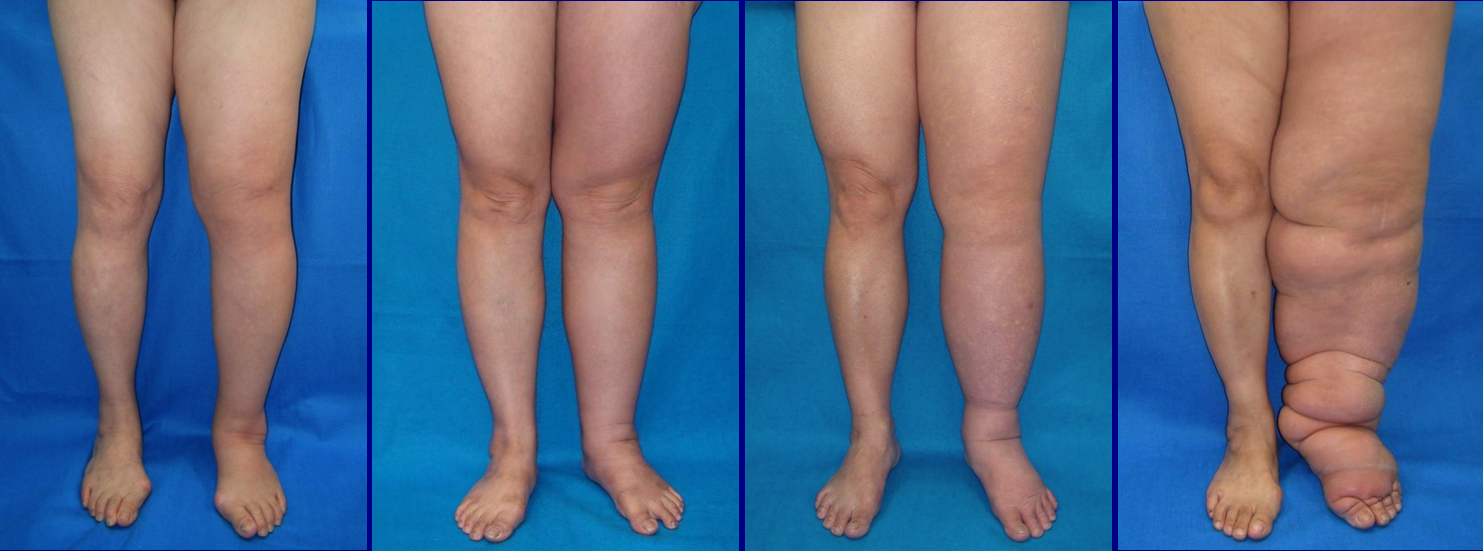Lymphedema is a chronic condition where abnormal accumulation of protein-rich fluid occurs in the subcutaneous tissue. It may present in the extremities, face, neck, trunk, abdomen, genitalia, and internal organs following surgery and different types of cancers (breast, prostate, bladder, uterus, lymphomas, melanomas). Patients with morbid obesity, diabetes, cardiac, renal, hepatic, vascular, and pulmonary conditions can also develop lymphedema.
Dr. Nilma Z. Elias Santiago, a certified lymphedema therapy (CT) specialist, explains lymphedema’s what, why, and how.
The two types of lymphedema.
There are two types of lymphedema: primary and secondary. Primary lymphedema is associated with congenital malformations of the lymphatic system, and secondary lymphedema develops from known etiologies. In the United States, secondary lymphedema can result from breast cancer and the medical conditions mentioned above. Filariasis is the main cause of secondary lymphedema globally, where the parasite Wuchereria bancrofti infects the lymph nodes following a mosquito bite.
The four stages of lymphedema.
Stage 0 or Latency where there is no swelling or skin changes but the potential to develop lymphedema due to comorbidities.
Stage 1 is the Reversible Stage, where soft and minimal edema occurs but subsides with elevation of the affected limb.
Stage 2 is the Spontaneous Irreversible stage. There is fibrotic tissue, no-pitting edema, and frequent skin infections.
Stage 3 or Lymphostatic Elephantiasis presents with extreme limb volume, skin fibrosis with papillomas, deep skin folds, and possibly Elephantiasis nostras verrucosa (ENV) where there is cutaneous hypertrophy.
Who does lymphedema affect?
Lymphedema affects approximately 0.1% of Americans1 and 70% of breast and prostate cancer patients2. If left untreated, lymphedema progresses into skin changes such as fibrosis, dermal hyperplasia3, recurrent skin inflammation and edema, papillomatosis, hyperkeratosis, and telangiectatic (thickened wall in dermal vessels); all of which can cause cellulitis, bacteremia, and sepsis; not to mention the psychological and debilitating functional impairments the patient develops.
What is the recommended treatment?
Lymphedema is incurable but can be managed with Complete Decongestive Therapy (CDT), also known as Complex Decongestive Therapy – the gold standard treatment in lymphedema management. CDT is an intensive therapy program consisting of Phase I-Decongestion and Phase II-Maintenance.
